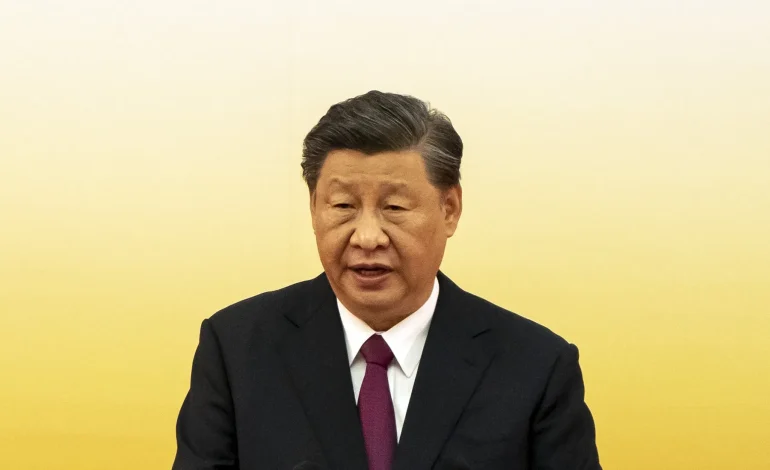In response to escalating rhetoric from the US, including President Donald Trump’s threats of increased tariffs, China has firmly stated its intent to “fight to the end” if the US continues to push its trade agenda, Bloomberg reports.
This stance raises concerns over the possibility of an extended and intensifying trade war between the world’s two largest economies. The rhetoric surrounding this dispute has been further fueled by speculation among influential bloggers regarding potential countermeasures from China.
In tandem with its toughening rhetoric, China has also ramped up efforts to support its financial markets. The People’s Bank of China (PBOC) has allowed the yuan to weaken, making Chinese exports more attractive on the global market. Meanwhile, state-backed funds, known as the “national team,” have stepped in to purchase assets, aiming to stabilize the market. Additionally, Chinese authorities have pledged to provide loans to help stabilize the economy and have even discussed the possibility of frontloading certain stimulus measures.
These combined efforts helped Chinese stocks recover from a significant selloff on Monday. The Hang Seng China Enterprises Index gained 2.3%, and major Asian markets saw gains as well. Japan’s Nikkei 225 surged by 6%, marking its biggest rise since August, driven by optimism that Japan would benefit from prioritized tariff reductions. The Hang Seng Index also rose 1.5%, boosted by continued net buying from mainland Chinese investors.
However, the situation looked more dire in Southeast Asia, where investors began to offload riskier assets amid heightened concerns about the global trade environment. Indonesia’s stock market experienced a sharp decline of 7.9%, while markets in Vietnam, Thailand, and Taiwan also saw significant losses.
The trade tensions are also affecting companies with operations in China. For example, Shein, the fast-fashion giant, has faced challenges in diversifying its supply chains as the Chinese government has reportedly urged companies to avoid relocating production outside the country in response to the tariffs. This highlights the pressure on businesses that are caught in the middle of the trade dispute.
Beyond the direct impacts on trade and the markets, the ongoing tariff battle has drawn criticism from notable figures in the business world. Ken Griffin, the CEO of Citadel, described Trump’s tariffs as a “huge policy mistake” that could ultimately harm the American middle class and undermine the US’s position in the global economy.
In the financial markets, the tariffs have influenced investor behavior, with US Treasury bonds losing some of their appeal as a safe haven. Yields on the 10-year Treasury bond fell sharply, while rates in Europe and Japan increased, making those markets more attractive to certain investors.
Despite the economic uncertainty, some Chinese companies are still showing strong performance. BYD, a Chinese auto giant, reported impressive first-quarter profits, driven by strong vehicle sales. The company’s shares rose significantly, reflecting investor confidence despite the broader market turmoil.










The latest news in your social feeds
Subscribe to our social media platforms to stay tuned